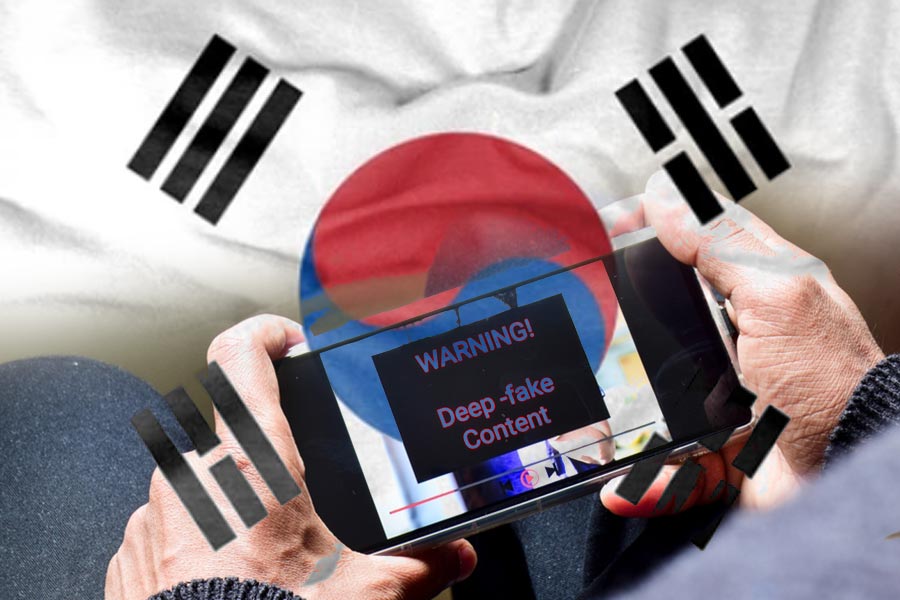Supreme Court judge Justice B V Nagarathna on Sunday stressed that the need of the hour is for the competent authorities to look into legislating deepfakes and artificial intelligence-enabled child abuse.
Justice Nagarathna was speaking at the closing session of the national annual stakeholders consultation on 'Safeguarding the Girl Child: Towards a Safer and More Enabling Environment for Her in India' organised by the Juvenile Justice Committee of the Supreme Court in association with UNICEF India.
She said during the two-day consultation, discussions took place on various forms of violence that a girl child may be subjected to, and in particular, both the perils and promises of the cyber space and artificial intelligence (AI) were highlighted.
"The various dangers posed by evolving technologies may seem like a Sword of Damocles. To this end, the need of the hour is for the competent authorities to look into legislating deepfakes and AI-enabled child abuse; mandate 24-hour child sexual abuse material reporting, platform-level age-gating, and national tracking of response timelines," she said.
Justice Nagarathna, who is also the chairperson of the apex court's Juvenile Justice Committee, said with sufficient vigilance, we may be able to intercept instances of violence and child trafficking from occurring to begin with.
She said the Supreme Court may consider the possibility of creating an "AI Cybercrime Advisory Committee on Girl Child" to identify how specifically AI and evolving technologies impact the girl child and how these may be mitigated.
Justice Nagarathna said judicial training protocols and capacity-building relating to AI and the harm that it poses and the ways in which these should be addressed can be implemented across the country.
There is a need for stringent monitoring and enforcement of existing law to prevent female infanticide and foeticide, she said.
"Also, the law alone cannot transform society. There is a further need to raise awareness and increase sensitisation among prospective parents as to the various opportunities, benefits and options available to young girls today, and how these can be accessed if the parents are sufficiently committed to dispel the notion of the girl child being a burden," she said.
Justice Nagarathna also highlighted the need for access to nutrition for girl child and said as it has been rightly expressed in the deliberations, to save a girl child is to save a generation.
She said it is important that nutritional literacy is promoted in children as a part of their school curriculum also since "food is the best medicine".
"We must consider finalising a national definition of HFSS (High in Fat, Sugar, and Salt) foods, introduce front-of-pack warning labels, tax unhealthy products, and enforce a ban on junk food marketing around schools, with annual compliance audits," Justice Nagarathna said, while highlighting increasing consumption of junk food.
She said education has the unique potential of being emancipatory for the girl child, in its ability to promote social mobility, raise awareness about the social ills, and to empower her to be aware of her rights and duties as a member of the society.
Justice Nagarathna said we must bolster pathways to help children, who are in conflict with law, who have been victims of violence, trafficking, child marriage and other such social evils, return to a normal life by resuming their education, so that "no child is left behind".
For anti-trafficking efforts to be more effective, it is imperative that we professionalise investigations using forensic and financial tracing, and institutionalise rehabilitation as a state duty with measurable recovery outcomes.
"There is a need for us to ensure stronger child survivor/victim-centred responses. Every district must have access to child and gender-sensitive medical, psychosocial, and legal services," she said.
On child marriage, Justice Nagarathna said this consultation has revealed the need to work together, and not in isolated siloes. "Child marriage prevention and response efforts are most effective when undertaken at the community level -- involving panchayats, community members and designated officials," she said. Justice Nagarathna also said that we must strive to institutionalise empathy-based police training and judicial proceedings, and ensure regular inter-department coordination and annually review survivor satisfaction and conviction rates.
"This would contribute to compassionate justice for children," she said.
A girl child belonging to marginalised section of society, differently-abled and economically backward category or having learning disability has to be given due recognition in accordance with the Constitution and international covenants on the rights of a child, she said.
Empowerment of girl child is a cornerstone to the creation of a more just, equitable and flourishing society in India, she added.
"We must further establish measurable monitoring systems to address legal ambiguities, enforcement gaps, and technological misuse in sex-selection. Data is a valuable resource and we must not shy away from accurate reporting of statistics, even if they paint a negative picture," Justice Nagarathna said.
She also said that upon collecting these statistics, we must engage in a timely, periodic review of institutional performance to see if any improvements are being made to the sex ratio, at the national, state and local levels.
Except for the headline, this story has not been edited by The Telegraph Online staff and has been published from a syndicated feed.










